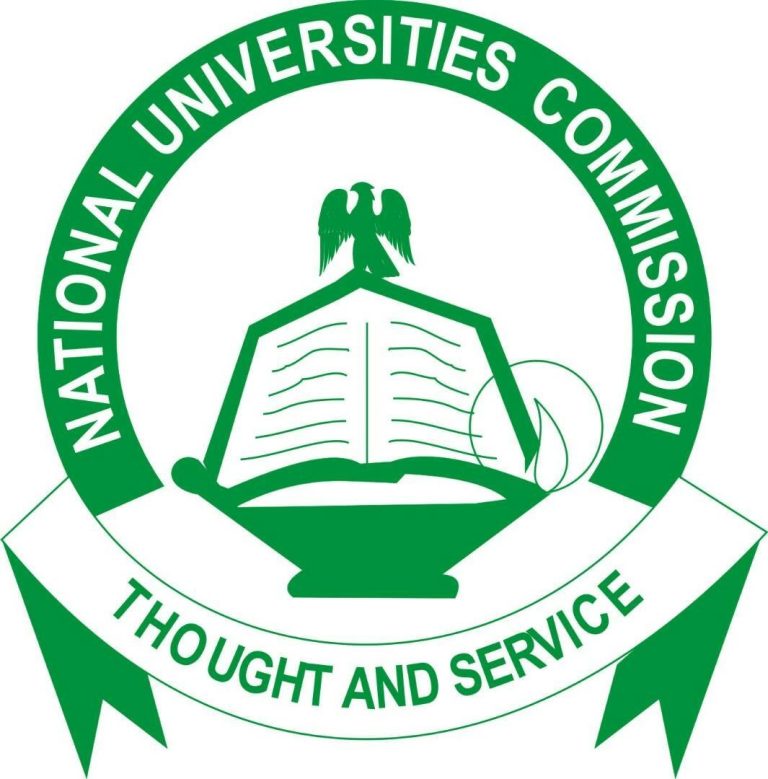The National Universities Commission has called for collaborative efforts in initiating continuous curriculum reform in Nigerian universities.
The acting executive secretary, NUC, Chris Maiyaki, made this known at the British Council Workshop on Enhancing Curriculum and Pedagogical Approaches in Nigerian Universities at the Continental Hotel on Monday.
He emphasized the need for continuous curriculum reform in Nigerian universities to enable them adapt in a fast-changing world.
He also noted that initiating such reforms comes with challenges as, sometimes, the actualisation of the curriculum renewal is not fully realised due to the challenges of implementation.
“Continuous curriculum reform has been considered a necessary measure to assist schools respond to a fast-changing world.
“Initiating such reforms is not without challenges as, sometimes, the actualisation of the curriculum renewal is not fully realised due to the challenges of implementation.
“It is gratifying to note that this workshop is coming on the heels of the implementation of the recently-developed Core Curriculum and Minimum Academic Standards (CCMAS) in line with the Commission’s enabling laws.
“The new CCMAS is a product of sustained stakeholder interactions and engagement over the years. This involved a blend of academic experts, government (represented by NUC), professional bodies, and the private sector represented by the Nigerian Economic Summit Group, NESG.
“In order to enrich the draft documents, copies of each discipline were forwarded to all critical stakeholders including the relevant academic units in Nigerian Universities, the private sector, professional bodies and the academies for their comments and input.
“These inputs, along with the curriculum of programmes obtained from some foreign and renowned universities, served as major working materials for the various panels constituted for that purpose. Innovative courses such as Venture Creation, Entrepreneurship (programme Specific) and innovation, among others were incorporated into the General studies Courses to enhance the employability skills of graduates”, he said.
Maiyaki added that the new curriculum unbundled the Bachelor of Agriculture, Bachelor of Science in Mass Communication and the Bachelor of Architecture Programmes, while establishing some emerging specialisations in these fields, in line with global practices.
He however, stated that this is not a one-time process as there would be curriculum development and review to be at pace with current global trends.
The NUC secretary further pointed out the need to train university staff both academic and non-academic in the implementation of the new curriculum.
“However, it is one thing to review or develop a new curriculum; it is another to deploy the curriculum effectively and efficiently in training students in their chosen Disciplines.
“Knowledge without implementation is an exercise in futility. And as a corollary, Training without practice is a waste of effort. We have a real problem with execution gaps at institutional levels which you should address at this workshop.
“Finally, It is the policy of the NUC to train and retrain university staff, both academic and non-academic, in the implementation of ideas and policies that are functional to the wellbeing of our Institutions,” he added.
